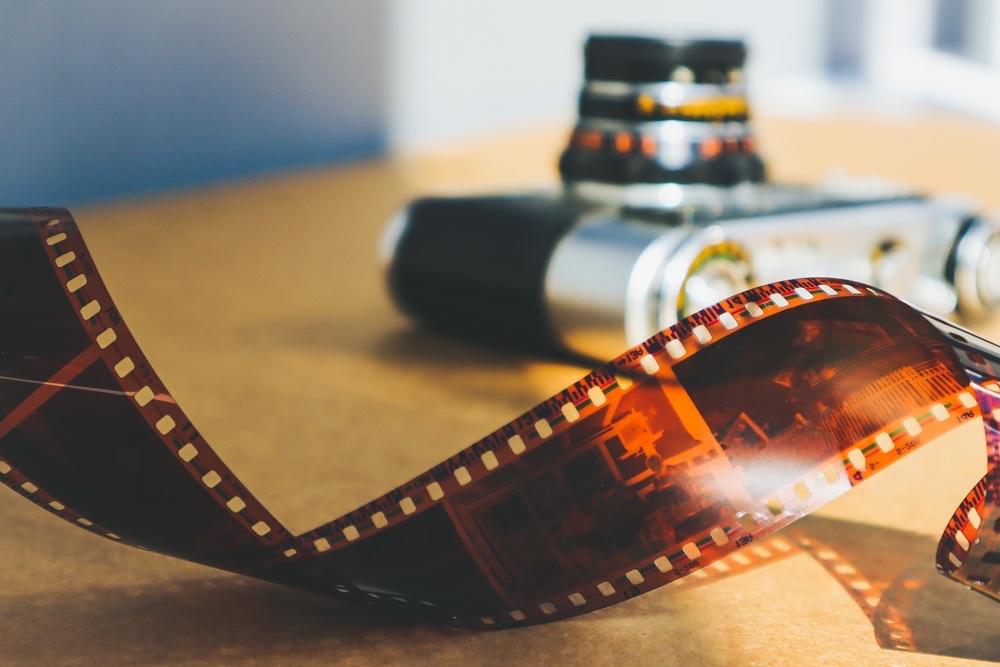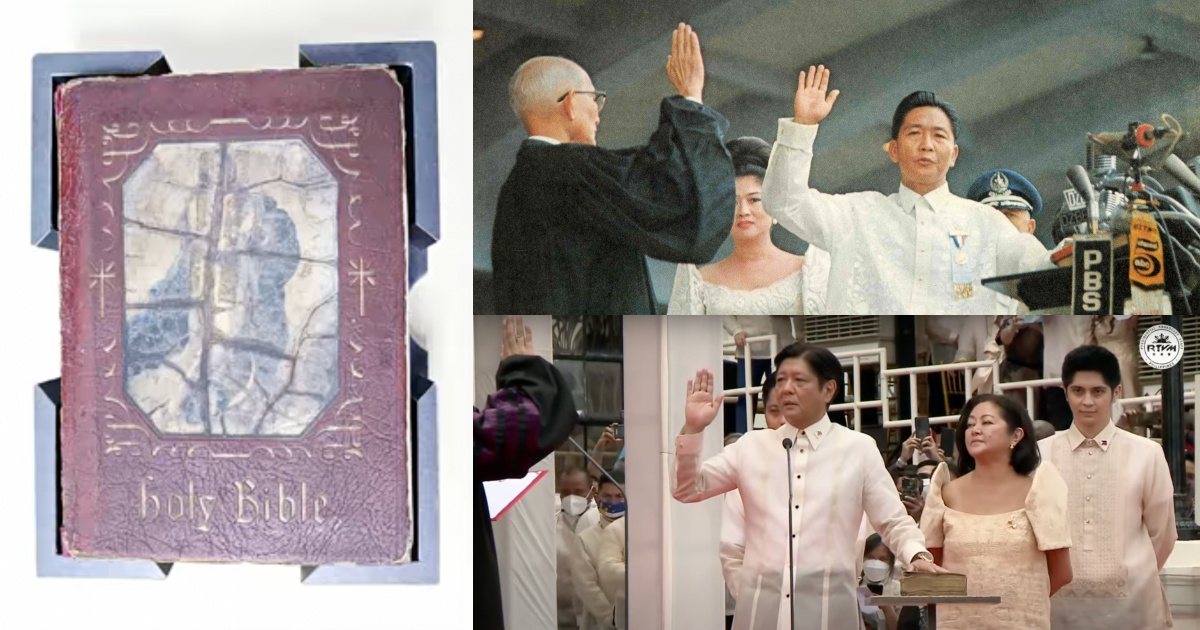The many ways in which nostalgia fails us
Every week, PhilSTAR L!fe explores issues and topics from the perspectives of different age groups, encouraging healthy but meaningful conversations on why they matter. This is Generations by our Gen Z columnist Angel Martinez.
A quick scan of some of 2024’s most prominent releases is enough to make the average moviegoer wonder: Wait, what year were we in again?
We had the fourth installment of Despicable Me and Kung Fu Panda, the second of Moana and Dune. Deadpool and Wolverine came together to maximize their joint impact, and so did Elphaba and Glinda on Wicked. Even before that, we witnessed Barbie and Mean Girls, tailor fit for the silver screen, raking in millions of dollars at the box office and drawing in just as many avid fans.
In a time when so much of what constitutes daily life is subject to change, it’s inevitable that we return to our favorite characters. They bear not only a certain charisma and credibility, but also the weight of what they’ve meant to us over time. This nostalgia is a natural consequence of living as a human being with thoughts and feelings—a phenomenon that “develops out of happy memories, mixed with a yearning for the past.”
Dr. Francis Simonh Bries, instructor at the University of the Philippines’ psychology department, says that our nostalgia also contributes to molding, maintaining, and learning about our identity. “We often see posts online about songs, movies, actors, or events which defined a generation, and these are often captioned that ‘Only Gen X/Y/80s/90s kids will know,’” he told PhilSTAR L!fe. “These reflect how we locate ourselves within a broader social and historical context.”
After all, we are both shaping and are shaped by the culture we consume: I wouldn’t be the girl I am today had I not grown up with early 2010s Tumblr, Rookie Magazine, and One Direction, and I’m sure everyone else who grew up in my corner of the internet could say the same thing.
Outside of the realm of pop culture, nostalgia helps us combat feelings of anxiety and loss. The highlight reels that flash before our eyes—the vacations we took with our family, the heart-to-heart talks with friends, the achievements that comprise our career—are what we watch on loop during particularly trying times. Remembering them tethers us to those we shared these moments with, and reminds us that so much of who we are is a result of who loves us.

But nostalgia is a fickle, funny thing. This feeling tinkers with our brains, sanitizing our shared history into a series of “screen memories.” The result is a warped image of what our lives were like: We’re beguiled into believing that things were better before, and that the present is a lost cause. “We speak highly of the past in hindsight, but that is because we already saw how things turned out,” Bries explained. “Making the same choices in the hope that we can replace our present frustrations will not guarantee the same desired outcomes.”
Think of how we recall our first heartbreak and how we viewed them as faultless or flawless, or how we reflect on our childhood. More often than not, these snippets from long ago are too murky to make out. (Can you remember the color of the dress you wore on June 16, 2006? Yep, didn’t think so.) Yet, we still conclude that that’s our peak. It’s no wonder experts warn us to look out for signs of antisocial behavior as well as bouts of depression and disillusionment.
Such stagnation can also be observed in our self-referential cultural landscape. An entirely new form of music, film, or prose could emerge within the next few years. But our emotional investment in old favorites might keep us from discovering it. As Grafton Tanner wrote in his book The Hours Have Lost Their Clock: The Politics of Nostalgia, “cultural ideas need to grow old for the culture to advance.” If new viewpoints can’t come to the fore, we find ourselves stuck in regressive and repetitive patterns of thinking.
Perhaps one of the most dangerous manifestations of nostalgia can be found in our political landscape. Online narratives circulated during the height of the 2022 elections claim that late former president Ferdinand Marcos’ presidency was the “golden age” for Philippine economy and infrastructure. Yet, it was woefully destroyed by the later administration. Bries stated that it was this narrative, “the hope that a nostalgic past could be reclaimed, coupled with our anger against inequalities,” that propelled his son Bongbong to the highest seat of power.

The problem is that this coruscating era they speak of never existed in the first place. “Typically, we are nostalgic about experiences that have actually happened. But we are psychologically disposed to act more in line with what we believe,” Bries explained. So even in the absence of conclusive, convincing evidence, Filipinos have relied on their version of reality—to disastrous consequences. As we all know, whatever good Marcos Sr. has done for the country is shrouded by his track record of corruption and human rights violations.
In spite of its power to blind us, I still can’t say nostalgia in itself is evil. What kind of miserable existence would we lead if we never looked back at where we came from? But as Bries warned, nostalgia is only productive when it results in hope and pride founded on reality. “We have to master the art of looking back and moving on, together. We need to be better at critically taking stock of our successes and failures while also heeding sound and truthful advice from our past.”
More importantly, we must not stop at mere reminiscing. When Swiss physician Johannes Hofer first put a name to the feeling in the 1600s, it was negative in nature—until he realized that those who resorted to nostalgia did so because of their existing conditions. Perhaps our stubborn insistence to cling to the familiar is a signal that something must change. As the world oscillates at blinding speeds, we’re left to wonder who we truly are and what we really want. Maybe we long for an era that has come and gone because that’s the last time we knew the answers.
Generations by Angel Martinez appears weekly at PhilSTAR L!fe.



